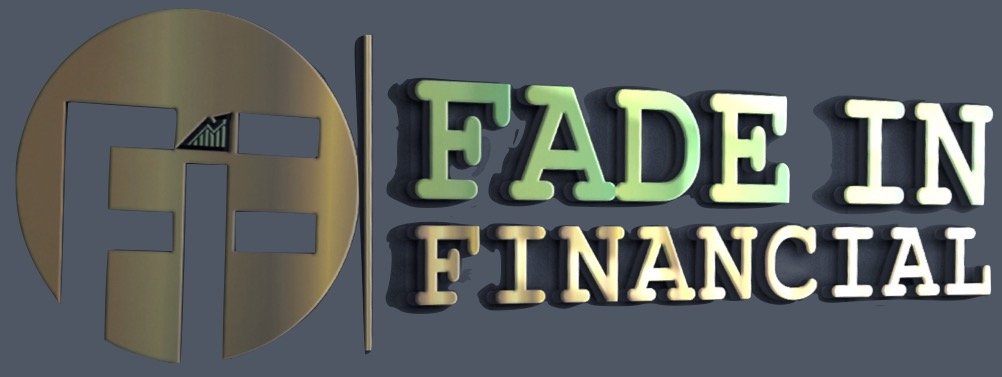SUBSCRIBE NOW to receive the NO NOTES! Newsletter featuring exclusive financial content.
Who Gets Your Money?
(2.5 mins.) Do you know who gets your money in the event of your sudden passing? It’s generally not something we like to think about, let alone plan for, but it’s incredibly important. It can also be very easy to set up. By simply naming a beneficiary on your financial accounts…
Why Emergency Funds are Important for Screenwriters
(2.5 mins.) Emergency Funds are very important to screenwriters in particular for many reasons. 1) Strikes happen 2) 6-months without work is normal 3) It can save your career 4) You can avoid paying extra.
How To Manage Unexpected Money
(3.5 mins.) If you come into unexpected money such as an inheritance, selling a show, or directing a feature, there are a few things you should keep in mind: 1) Manage your expectations because it may not happen 2) Emergency fund may be able to be maxed out right away 3) Big ticket items might be paid for 4) other items such as life insurance needs, debt, and tax consequences.
Take Advantage of Slow Years
(3.5 mins.) When your income is in a lower tax bracket because work was slow there is a silver lining. You can take advantage of those years (a strike year, for example) by utilizing the Roth Conversion strategy, which is similar to a Backdoor Roth. You’re paying less in taxes so now might be the right time.
Financial Planning is Pre-Production
(2.5 mins.) Financial Planning is a lot like pre-production. There are rewrites, meetings, collaboration, and discussions but it’s all about planning ahead. If you understand the importance of the pre-production process to the overall success of a project then you might understand the importance of Financial Planning. You are planning for the success of your future.
How To Start Investing
(3 mins.) Like a character with one line in Act II, every dollar should have an intention. There should be a reason why this dollar is being invested. Since there are whole sections at Barnes and Noble called “Investing” I’m not going to write something that’s been written a thousand times over. I want to discuss the very beginning and focus on three things: 1) Goals 2) Time Horizon 3) Risk Tolerance.
Should I Pay Off My Debt Sooner?
(3 mins.) If you think you should make higher monthly payments or simply pay it all off at once, paying down your debt comes down to a few different factors: 1) The big picture 2) Psychological impact 3) Not all debt is bad 4) Defining the debt and its differences.
Build Wealth Using Your Loan-Out
(3 mins.) Establish your very own retirement plan through your S-Corp and take advantage of the loopholes. You can save nearly TEN TIMES as much in a tax-advantaged account than you can as an individual.
Five Year-End Issues To Consider
(3 mins.) There are certain strategies that MUST happen before the end of the year, otherwise you lose out on the advantages. Issues such as 401(k) contributions, charitable giving, Loan Out strategies, tax loss harvesting, and tax bracket maneuvers should be considered before the end of the year.
Benefits of Your Own Loan Out Company
(3.5 mins.) Writers and directors are often confused about when to create their own company, or Loan Out. Otherwise known as “incorporating yourself” a Loan Out can have many benefits to those in the Entertainment Industry. Here are a few of those advantages.
Personal Business Manager vs. Financial Planner: What are the Differences?
(4 mins.,) The Entertainment Industry has been force-feeding the term “business manager” onto us for too long. Unsuspecting writers and directors assume they need one but don’t really know why. I break down the differences between the two and help you realize that one is not a replacement for the other.
Five Mistakes Writers Make With Their Money
(5 mins.) Most creatives fall into one of three categories when it comes to spending money. The first is to hoard as much of it as possible…
SUBSCRIBE NOW to receive the NO NOTES! Newsletter featuring exclusive financial content.













